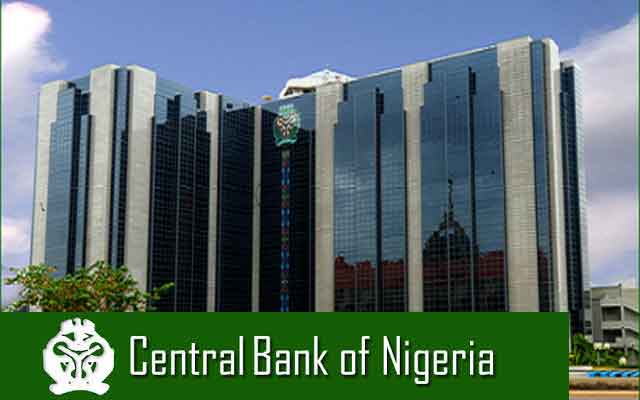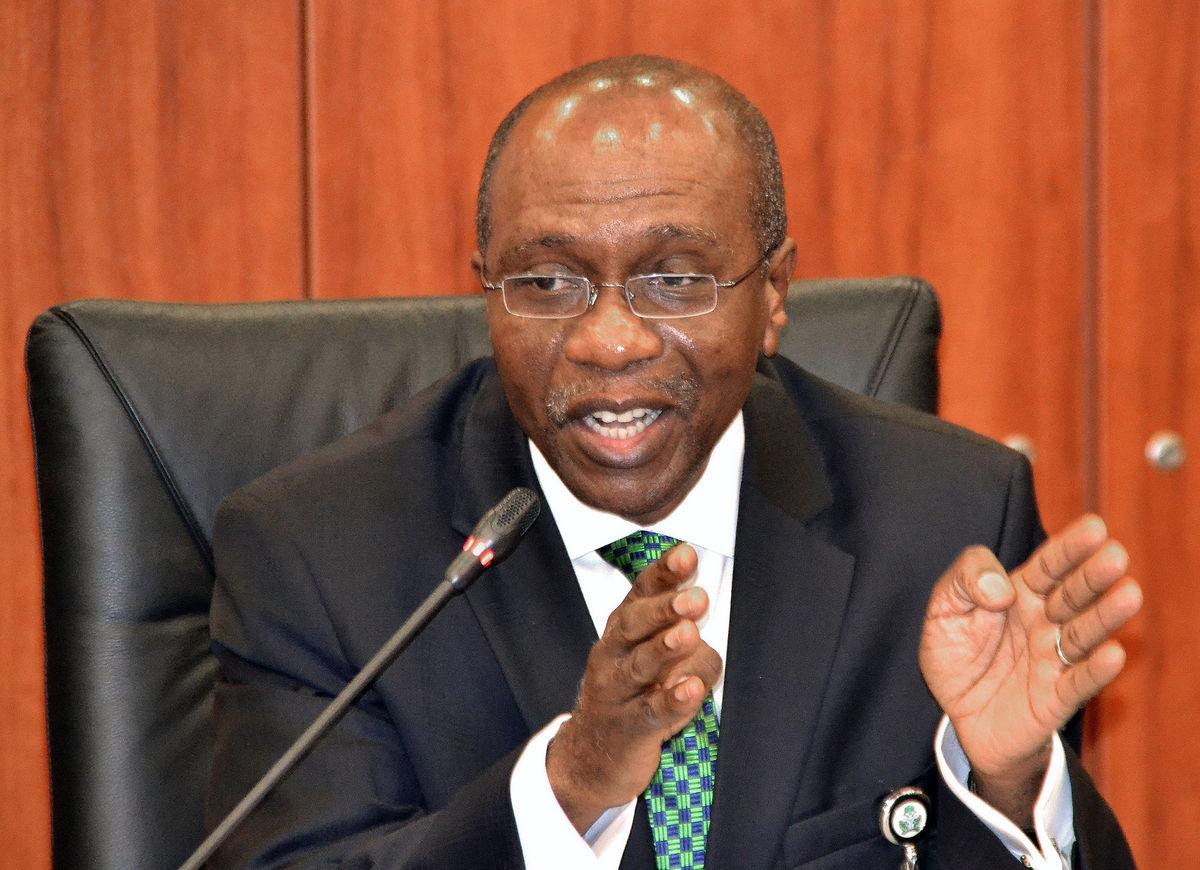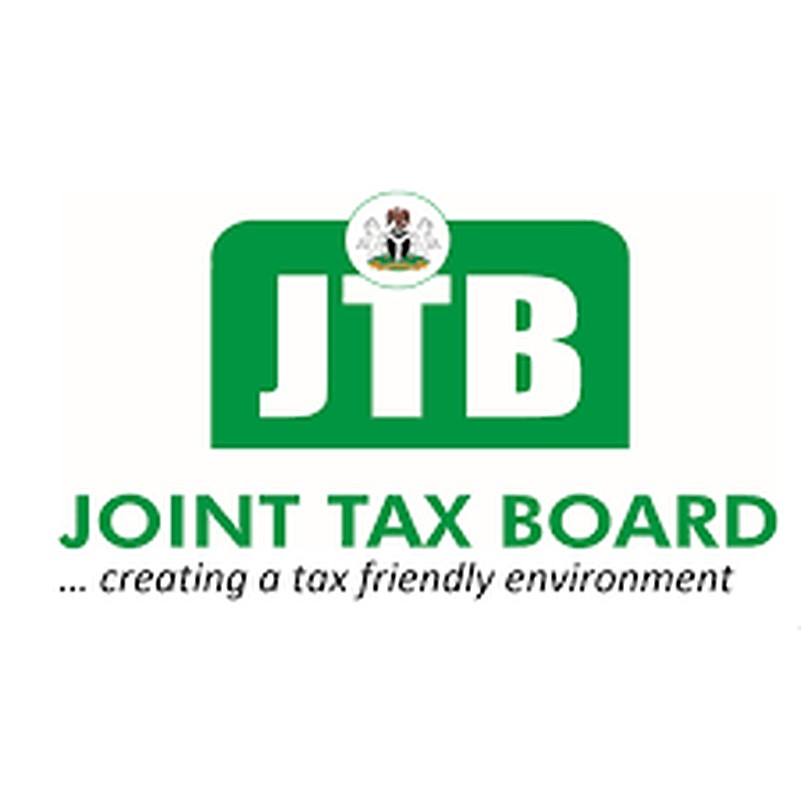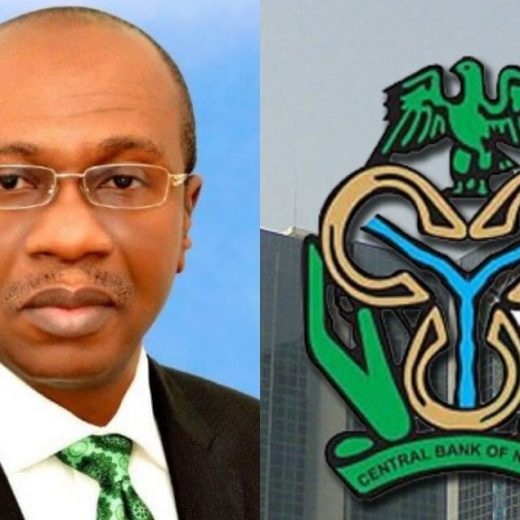By Odunewu Segun
As expected, some Nigerians have expressed their dissatisfaction on the announcement instructing all Deposit Money Banks in the country to place a N50 charge on every transaction from N1, 000.
National Daily gathered from some Nigerians that the decision which had earlier exempted saving accounts may actually make nonsense of the Central Bank of Nigeria’s cashless drive as many Nigerians may now prefer to do their transactions on cash basis without going to the bank.
It was gathered that with this directives, the N50 stamp duty will be charged per transaction and not per volume on every third party deposit into both savings and current accounts with a value of at least N1, 000.
An artisan at Opebi area of Ikeja, Dare Alabi said Nigeria is the only country in the world where citizens are forced to pay to transfer or deposit money in bank accounts. “We shall see how far Buhari will go in this arm -twisting exercise,” he fumed
“A government fleecing its own people? What a fraud? 5% consumption tax on all no matter your income level is wicked. But the president preaches justice. Has this tax been passed into law by NASS?” retorted another trader in Lagos
Also reacting, a civil servant with the Lagos State Government, Mr. Jide Scot explained that there is nothing wrong with the tax, but reflected that it could have negative effect of including more people in the financial system. “How about 40% tax on anyone that earn above N4 million per annum. People drving more than two cars ought to be charged at higher rate.”
Reacting to this development, Shehu Mallam Mikail, President of Constance Shareholders’ Association of Nigeria said a flat N50 charge on any receipt whatsoever from third-party transactions work against the CBN’s banking inclusion policy
“These charges will not encourage Nigerians to have interest in the banking system any longer because people will prefer to do their transaction on cash basis without going to the bank. Moreover, the cashless policy will no longer be effective leading to low-profit margins for banks.
He said low-income farmers, petty traders and artisans might not bother about using the banking system when it comes to financial transactions.
On the immediate impact of the enforcement, Executive Director, Corporate Finance, BGL Capital Limited, Femi Ademola, admitted that it could negatively affect the financial inclusion and cash-less policy of the Central Bank of Nigeria (CBN).
“This is because the bulk of banking transactions are below N100, 000, according to the CBN. A further analysis could show that the largest proportion of the transactions is between N1, 000 and N10, 000 to which a charge of N50 per transaction could be significant. This would, therefore, mean that a large population of the people that we are trying to include in the formal financial system may be discouraged from using the banks.”
Ademola however, reiterated the need for the measure, adding that tough times required tough measures. “We, the citizens, all have to contribute to our economic survival. Due to the prolonged oil price decline, our economic stability is being threatened. To survive the current crisis will require very painful decisions to be made and implemented and the pain will be felt across board,” he said.
According to National Daily investigations, the transfer of cash arising from Mobile money, Automated Teller Machine and Point of sale transactions which increased by 65 per cent to N651.37 billion from January to November 2016 as against the N395.05 billion recorded in 2015 may also be on its way down as many who had hitherto shifted transactions on the saving accounts may opted for cash payment instead.
However, it must be noted that the new policy does not affect salary accounts or student savings accounts. The new policy which does not affect salary accounts or student saving accounts, includes all receipts by a bank or financial institution in acknowledgement of services rendered, in respect of teller deposits and electronic transfers for the value of N1000 and above.

 Entertainment5 days ago
Entertainment5 days ago
 Health1 week ago
Health1 week ago
 Health4 days ago
Health4 days ago
 Football1 week ago
Football1 week ago
 Football1 week ago
Football1 week ago
 Crime4 days ago
Crime4 days ago
 Education6 days ago
Education6 days ago
 Crime1 week ago
Crime1 week ago









